In the world of business, law, and personal affairs, the importance of gathering documentation cannot be overstated. Whether you’re preparing for a legal case, managing your finances, or simply organizing your personal records, the ability to gather and organize relevant documents is a valuable skill. In this comprehensive guide, we will explore the art of gathering documentation, offering insights, tips, and best practices to ensure that you are well-equipped to handle this critical task effectively.
Documentation serves as a cornerstone in various aspects of our lives. It provides a reliable and verifiable record of events, transactions, agreements, and information. Here’s why proper documentation is crucial:
Documentation plays a pivotal role in legal matters. Whether you’re involved in a lawsuit, a contract dispute, or estate planning, having the right documents can make or break your case.
Organizing financial documents is essential for budgeting, tax preparation, investment management, and securing loans. Accurate financial records are vital for both personal and business financial success.
In business and government, proper documentation fosters accountability and transparency. It helps stakeholders understand decisions, actions, and compliance with regulations.
Documentation preserves knowledge and institutional memory. It ensures that information is not lost when employees or team members change roles or leave an organization.
Well-organized documentation aids in strategic planning and informed decision-making. It provides the data and historical context necessary to make sound choices.
Before diving into the process of gathering documentation, it’s essential to understand the types of documents you may encounter. Here are some common categories:
Legal documents include contracts, agreements, court filings, wills, deeds, and other legally binding records.
Financial documents encompass bank statements, tax returns, receipts, invoices, financial reports, investment statements, and loan documents.
Personal records consist of birth certificates, marriage certificates, passports, diplomas, and medical records.
Business documents range from business plans and licenses to employee records, sales contracts, and corporate bylaws.
Emails, letters, and memos can be crucial for documenting communications and agreements.
Evidence includes photographs, videos, audio recordings, and any material that supports claims or disputes.
Now that we’ve established the importance of documentation let’s explore the step-by-step process of gathering it effectively:
Determine why you need the documentation and what specific types of documents are relevant to your purpose.
Make a checklist of the documents you need, organized by category. This checklist will serve as your roadmap.
Designate a central location for gathering and storing documents. It could be a physical folder, a digital folder on your computer, or a cloud-based document management system.
Reach out to the relevant sources or parties to request the necessary documents. Ensure that you provide clear instructions and deadlines for submission.
As you receive documents, organize them according to your checklist. Use clear labels and file names to make retrieval easy.
Carefully review each document to ensure it is complete and accurate. If any document is missing or incomplete, follow up with the source.
Back up digital documents regularly and secure physical documents in a safe and accessible location. Implement security measures to protect sensitive information.
If documents change or are updated, maintain a record of revisions and versions, including dates and reasons for changes.
Periodically review your documentation and dispose of any documents that are no longer needed. Be mindful of data retention regulations.
To excel in the art of gathering documentation, consider the following tips:
The art of gathering documentation is a skill that empowers individuals and organizations to navigate the complexities of life and business effectively. By understanding the significance of proper documentation, recognizing the types of documents you need, and following a structured process, you can become adept at managing and organizing documents for various purposes. Whether you’re preparing for a legal case, managing your finances, or simply staying organized in your personal life, mastering this art will undoubtedly contribute to your success and peace of mind.

